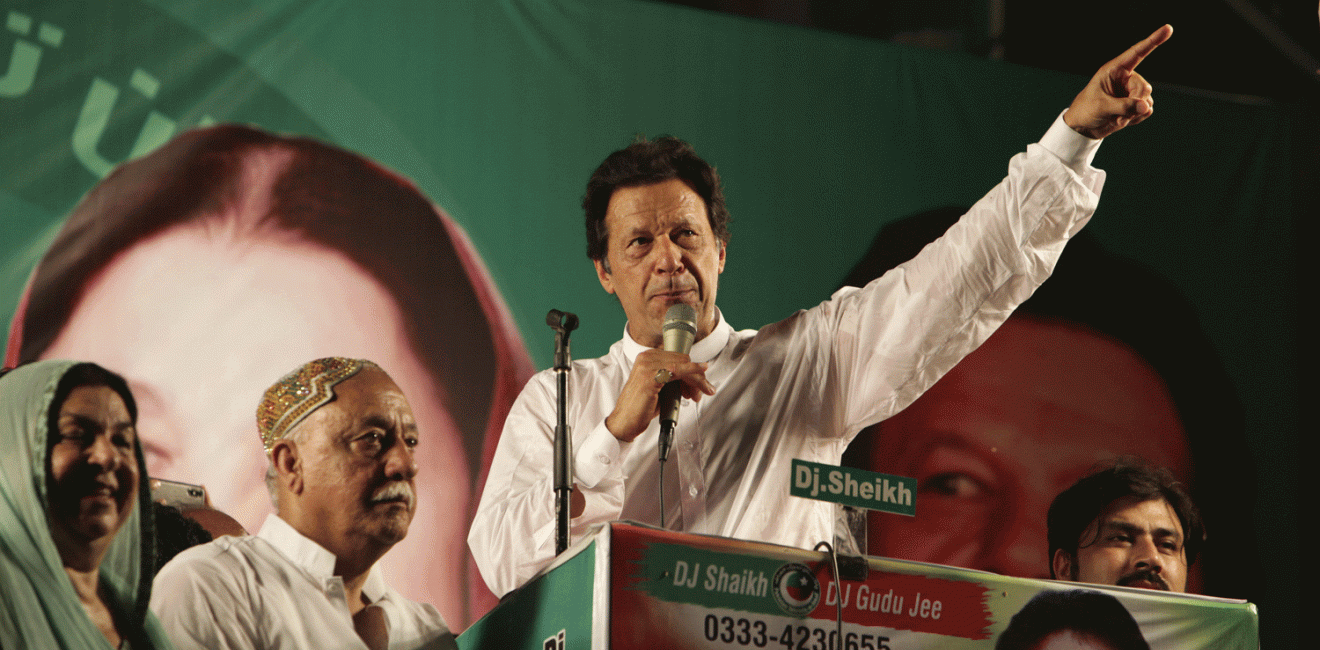Imran Khan may be a national hero for his cricket exploits, but as a politician, he is a polarizing figure. So, his election victory will mean very different things to many different people. For his supporters, his triumph offers resounding proof that there is a “third way” in Pakistani politics — that a civilian leader not linked to family dynasties or older and established parties can rise to the very top. For his detractors, his victory represents a soft coup led by a Pakistani military determined to bring its preferred candidate to power. In truth, the reality likely lies somewhere in between. Khan, having capitalized on the support of a critical young, urban, conservative, and middle-class constituency, marched to victory while riding on the coattails of support from the military. In Pakistan, if you’re a civilian leader who wants to rise to the top, then you need to have the army on your side — which could well entail covert efforts by the army to help smooth your path to victory. Khan will be confronted with several initial questions. First, he has the will to rule, but does he have the capacity? His PTI party has never held national power, and it will need to ease concerns about its ability to govern a complicated and volatile country situated in a dangerous neighborhood. Second, how will he get along with Pakistan’s powerful military? The army prefers pliable civilian leaders, but Khan has a strong and stubborn personality and isn’t inclined to submit to higher authorities. And third, will he be able to bring together a country that has arguably never been more divided politically? For the Trump administration, the impact of an Khan victory isn’t as troubling as some may suggest. Khan may be given to sharp anti-American rhetoric, and he has often criticized Pakistan’s partnership with Washington. But the Pakistani military, which wants a workable relationship with Washington, is likely to rein Khan in if he tries to blaze a more hostile path. At any rate, the U.S.-Pakistan relationship has already been in bad shape for months. Its future trajectory is more likely to be shaped by the actions of the Trump administration and of the Pakistani military than by a Khan-led government. Click here for full coverage of Pakistan's elections.






